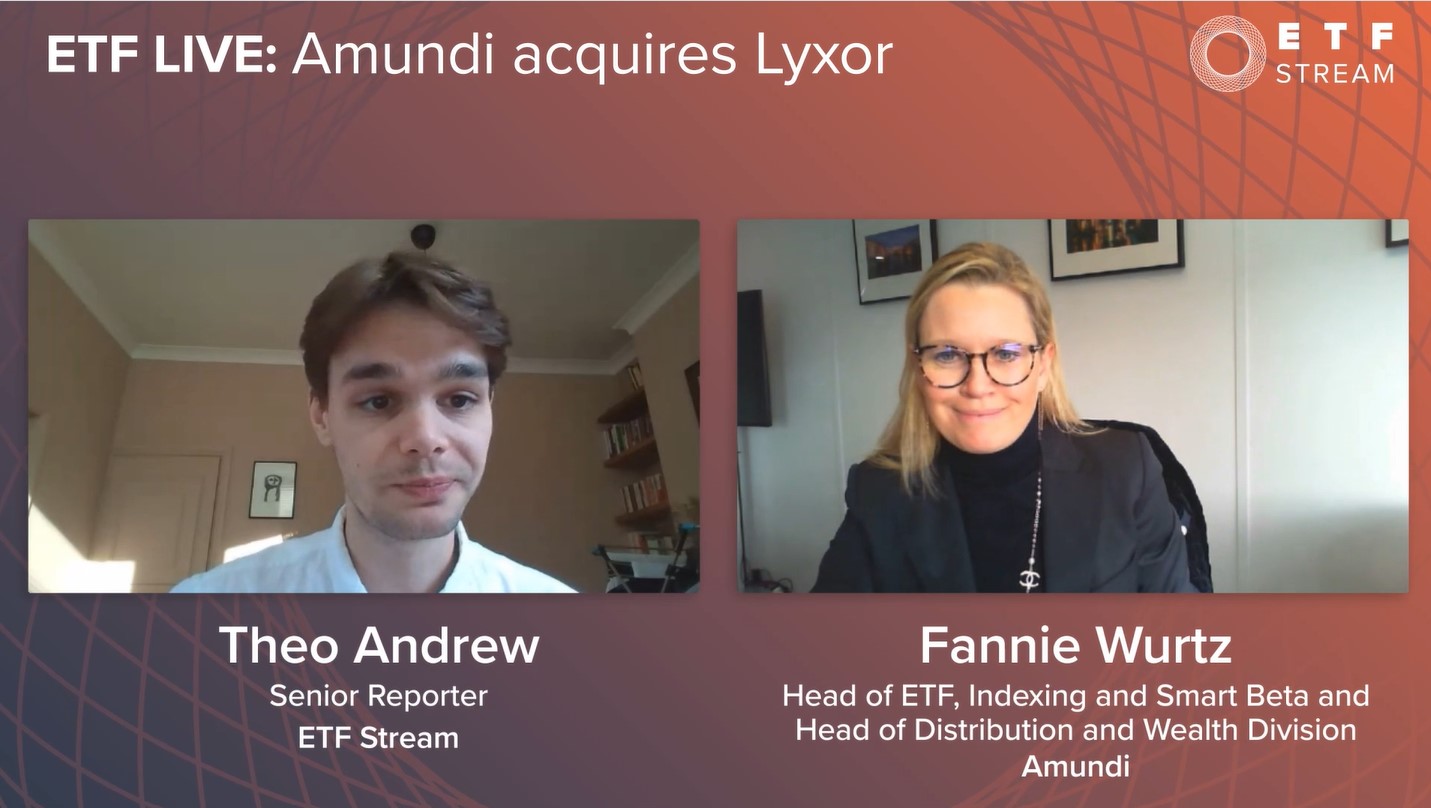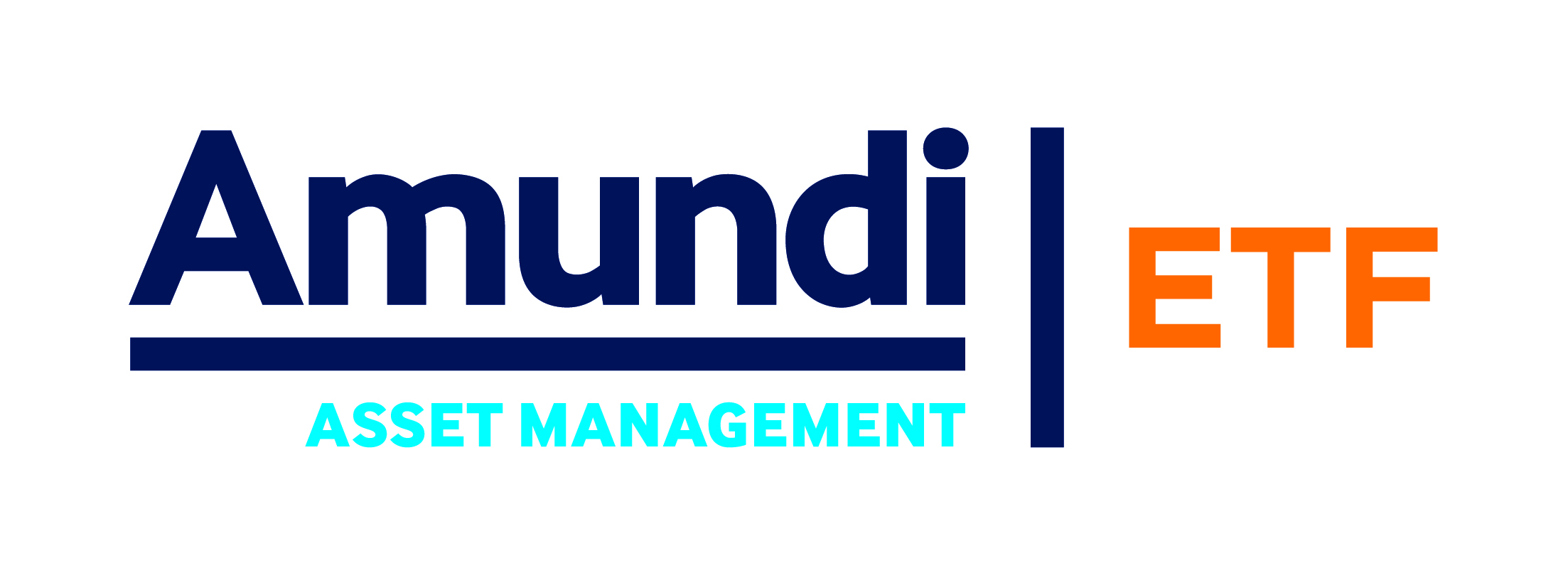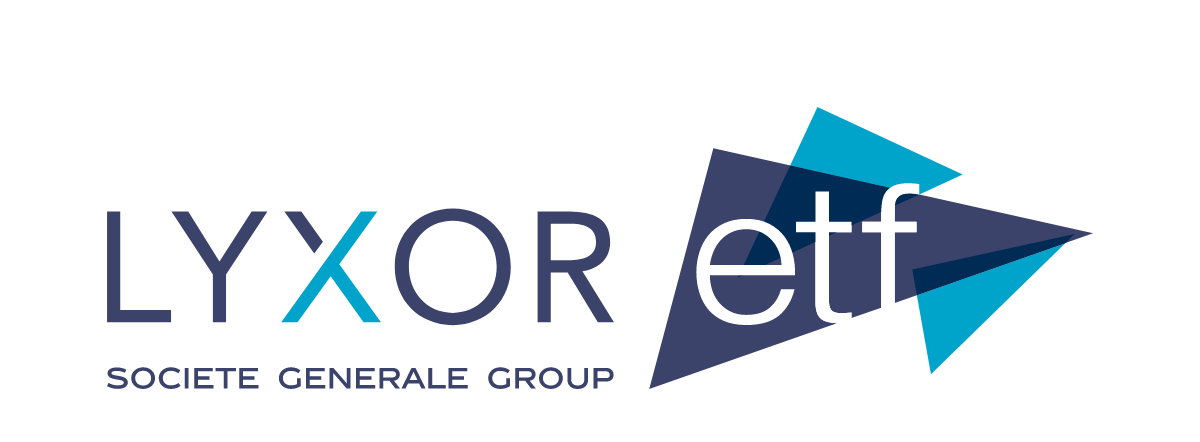Fannie Wurtz, head of distribution and wealth division for Amundi’s passive and alternative business, said market forces meant the time was right to acquire Lyxor.
Earlier this month, Amundi completed the €825m acquisition of Lyxor to become the second largest ETF issuer in Europe with over €180bn assets under management (AUM).
Amundi purchased the French asset management giant from Société Générale, a wholly-owned subsidiary of the group, after entering talks in April.
Speaking to ETF Stream, Wurtz said economic factors such as low interest rates and rising costs made Amundi a natural consolidator across Europe in the last few years.
“The strategy of Amundi has always been to provide the best and most comprehensive range of solutions to clients while delivering profitable growth,” she continued. “For the passive business we have been focused on organic growth and this has delivered excellent results in the past. Looking at the combined Amundi and Lyxor forces, we are giving ourselves more leverage to accelerate our growth and capacity to innovate.
“The deal gives Amundi a unique position as a European leader and ETF partner for worldwide investors either institutional, distributors or retail investors.”
A new European landscape
Following the deal, Amundi will now have a product range of over 300 ETFs in Europe and a market share second only to BlackRock at 14% of the UCITS ETF market.
“With a larger and more granular range, we have even more choices and options for investors. Looking ahead we will continue to focus on product development, accompany our client on our their investment journey, more specifically on their ESG rotation,” she said.
Last December, Amundi CEO Valerie Baudson outlined plans to double the number of ESG ETFs in its range by 2025 as she revealed the asset manager’s strategy for the next three years.
The firm said it was targeting 40% of its ETF range to be made up of its ESG ETFs by the deadline, up from 23% currently.
Wurtz added Amundi is planning to reinforce its passive ad smart beta platform which currently represents over €280bn.
“As one of the largest ESG asset managers in the world, we have a duty to equip our clients and give them choices as there is no one size fits all solution,” she said.
“ETFs, which are transparent and low cost, are the perfect tool to democratise access to responsible investing. When it comes to selecting a passive partner, investors often look beyond the product and to the corporate citizenship of the providers.
“Up until now our growth has been organic, but with the Lyxor acquisition there is a great opportunity to accelerate growth while creating a European ETF leader.”
Commenting on how the deal could shape the future of the European ETF market, Athanasios Psarofagis, ETF analyst at Bloomberg Intelligence said he wouldn't be surprised if it acted as a catalyst for more acquisitions on the continent.
He said: "We could see some smaller issuers being taken over, but I wouldn't be surprised if we saw another US issuer who doesn't have a European presence to buy a smaller issuer to break into the market."
He added that Europe also had a great year with $160bn of flows making it attractive to US suiters.
"If you also look at the potential for growth ETF adoption is still low in Europe compared to other regions so it is an interesting market for larger players," he said.
Related articles





